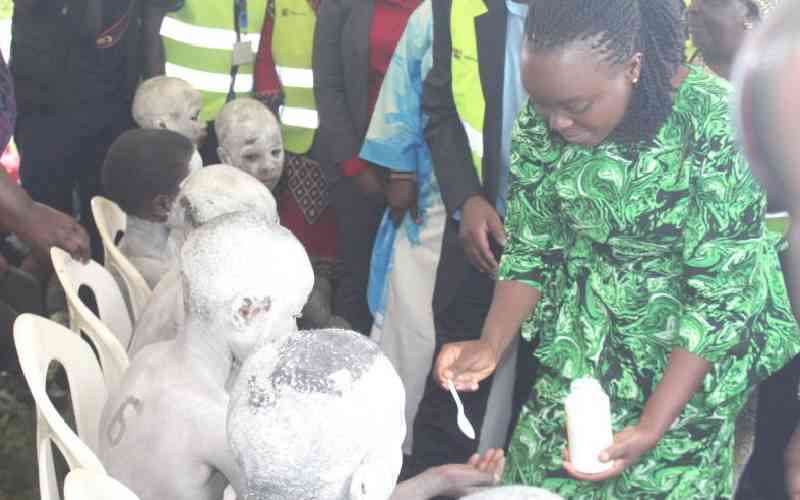×
The Standard e-Paper
Stay Informed, Even Offline

The Ministry of Health has directed communities carrying out circumcision rites to take their boys to approved hospitals for the procedure, in a bid to curb infections, the spread of diseases, and botched surgeries.
Mass circumcision rites among teenage boys, currently on long school holidays, are ongoing across several counties in the Western region.